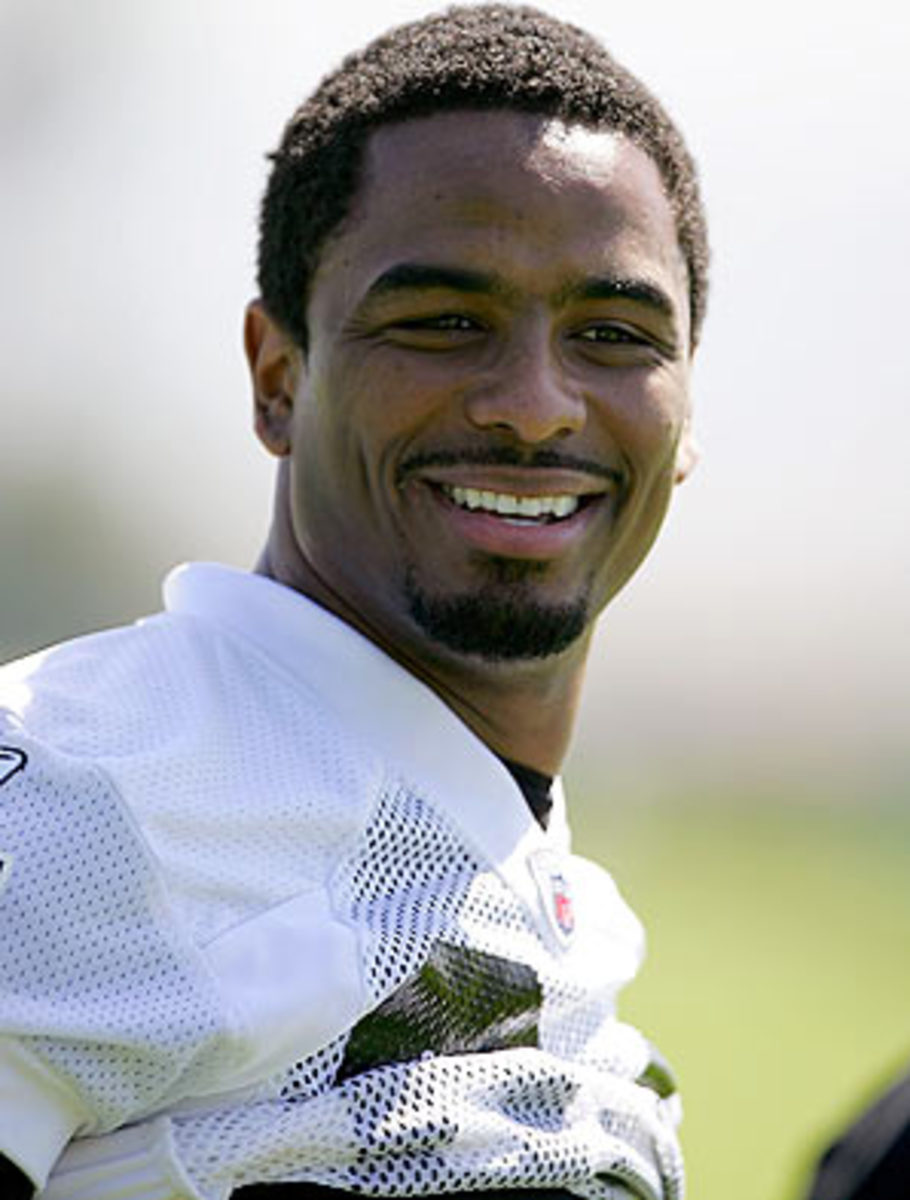
Walker's secret surgery shines light on growing problem in NFL
Most players have somebody they trust medically who's not affiliated with an NFL team. That "somebody" is typically a doctor or trainer from either the player's hometown or his college town. It could also be a doctor who has a good relationship with the player's agent. Basically it all stems from the inherent lack of trust many players feel with their respective NFL team doctors.
Many veteran players feel the qualifications to become a team doctor are questionable because they suspect a lot of the hires are based upon the amount of money the orthopedic surgeon or orthopedic group offers to pay the team to be its "official" health care solution. Just as important, the team doctor, by definition, works for the team and is beholden to its interests, which aren't always aligned with a players's interests.
Because of these conflicts of interest, players like to consult with someone else should a health issue arise. This often takes the form of an official second opinion, an option that has been collectively bargained and requires the club to pay for the expenses surrounding a player's visit. In return, a copy of the report is provided to the club.
The problem with this process, however, is it is often frowned upon and sometimes blatantly discouraged by teams. On one hand, teams don't like the financial expenses involved. Furthermore, the thinking is that non-NFL medical people tend to be less aggressive in players coming back from injuries and usually suggest a longer timetable for rest and rehabilitation. As a result, many players, especially non-front-line starters, are hesitant to do anything that management would disapprove. They simply decline their right to a second opinion. (The same thing happens when a player requires surgery -- the team usually prefers the procedure be performed by its physician.)
Instead of getting an official second opinion, a player might call the doctor he trusts to make sure the things being said by the team doctor sound logical. The trusted doctor can also serve as a sounding board for a player worried about a small pain or discomfort that he's not ready to tell the team, lest it lead to a release. By the letter of the law the player is supposed to let his team know about any pain or discomfort he is feeling, but if that really happened, NFL training rooms would be overrun and understaffed. For the most part, players don't seek medical attention unless they feel like they absolutely need it. It is football, after all.
All of which brings us back to the Walker saga in Oakland. His secret surgery is virtually unprecedented and a clear violation of the standard NFL player contract, which requires the player to make the club aware of any health issues he is having or medical people he consults.
Walker is completely within his right to have surgery from a doctor outside the organization, but to just go ahead and get it done and not even alert the team of that fact? Supposedly it was just a minor clean-up, and maybe Walker thought he could rehab it on his own and be back in time for minicamp. But he wasn't, and Cable's admission that the situation is "a little bit uncommon" is an understatement.
Though players have a right to mistrust team doctors and often do take matters into their own hands, in this specific instance the Raiders have to punish Javon Walker, if for no other reason than to send a message to the rest of the team that this type of behavior is unacceptable. The coaches were going through their preparation for mini-camp and didn't even realize that one of their projected key contributors wouldn't be available. Maybe the Raiders don't want to take any action against Walker because it would place more attention on an already embarrassing situation, but that would be the wrong reason to let this pass. The information is already out there and it is now incumbent on the Raiders to make sure something like this never happens again.




